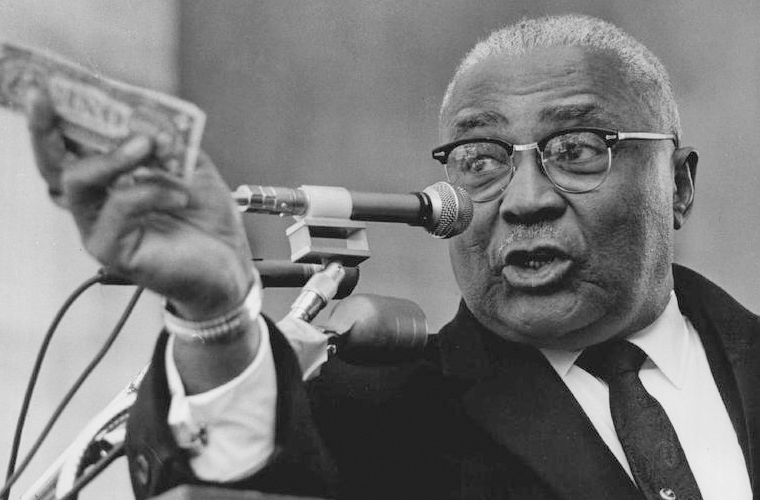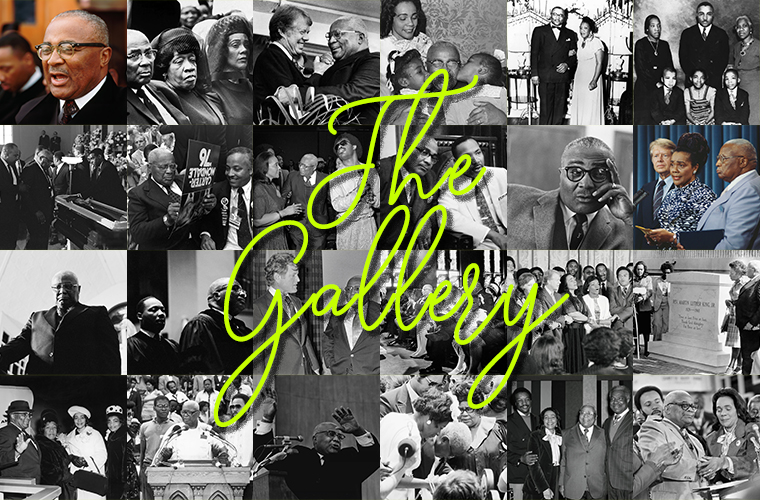Martin Luther King, Sr., born Michael King Sr., was a prominent figure in the civil rights movement and the father of the iconic civil rights leader, Martin Luther King Jr. He was born on December 19, 1899, in Stockbridge, Georgia, and passed away on November 11, 1984, in Atlanta, Georgia. King Sr. was raised in a devout Christian family and grew up with a strong sense of faith and moral values. He attended Morehouse College in Atlanta, where he studied theology and became heavily involved in social activism. It was during his time at Morehouse that he changed his name from Michael to Martin Luther King Sr. in honor of the German Protestant religious reformer.
After completing his studies, King Sr. became a Baptist minister and took on various pastoral roles in churches across Georgia. He was known for his eloquent preaching style and his dedication to advocating for social justice. His sermons often addressed issues such as racial equality, economic justice, and the importance of nonviolent resistance. In addition to his work as a minister, King Sr. was actively involved in the civil rights movement. He served as a leader in the Atlanta branch of the National Association for the Advancement of Colored People (NAACP) and played a crucial role in organizing protests and demonstrations against racial segregation and discrimination.
One of King Sr.’s most significant contributions to the civil rights movement was his involvement in the 1955 Montgomery Bus Boycott. After Rosa Parks was arrested for refusing to give up her seat to a white passenger on a Montgomery bus, King Sr. and other civil rights leaders organized a boycott of the city’s bus system. The boycott lasted for over a year and eventually led to a Supreme Court ruling that declared racial segregation on public buses unconstitutional. Throughout his life, King Sr. emphasized the importance of love, compassion, and nonviolence in the pursuit of social justice. He believed that change could be achieved through peaceful means and encouraged others to follow the principles of nonviolent resistance.
In recognition of his tireless efforts for equality and justice, King Sr. received numerous awards and honors during his lifetime. He was awarded honorary degrees from several prestigious universities, including Howard University and Morehouse College. In 1977, he was honored with the Martin Luther King Jr. Nonviolent Peace Prize. Martin Luther King Sr.’s legacy continues to inspire generations of activists and advocates for social justice. His commitment to equality and nonviolence serves as a reminder of the power of individual actions in creating meaningful change. His influence on his son, Martin Luther King Jr., is evident in the younger King’s leadership and philosophy of nonviolent resistance.
In conclusion, Martin Luther King Sr. was a highly respected figure in the civil rights movement and a dedicated advocate for equality and justice. His contributions to the fight against racial segregation and discrimination continue to resonate today. Through his sermons, activism, and unwavering commitment to nonviolence, he left an indelible mark on American history and remains an inspiration for future generations striving for a more just and inclusive society.


